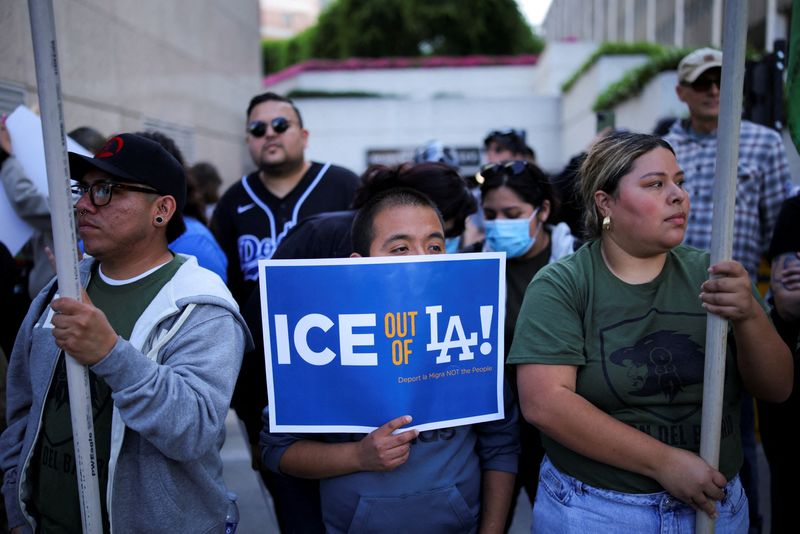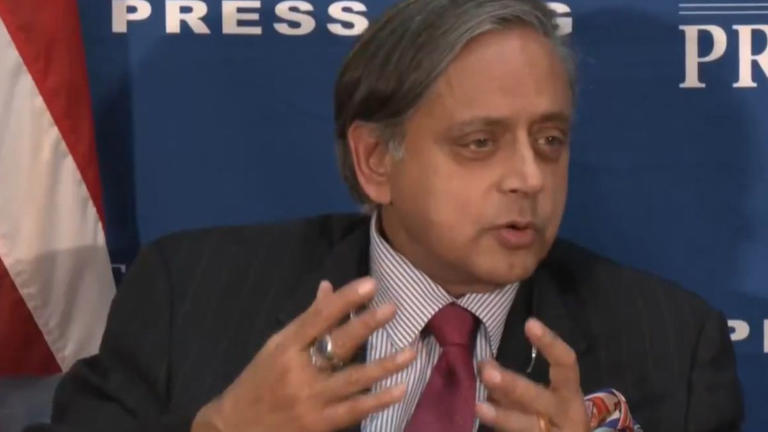US Lawmaker Sends Strong Message to Pakistan on Terrorism and Minority Rights
In a highly significant diplomatic moment, senior US Congressman Brad Sherman delivered a public and pointed rebuke to Pakistan during a Capitol Hill meeting with Foreign Minister Bilawal Bhutto Zardari. Sherman’s remarks were not just polite reminders—they were a stern list of demands directed at Pakistan’s handling of terrorism, religious persecution, and international credibility.
I emphasized to the Pakistani delegation the importance of combatting terrorism, and in particular, the group Jaish-e-Mohammed, who murdered my constituent Daniel Pearl in 2002. Pearl’s family continues to live in my district, and Pakistan should do all it can to eliminate this…
— Congressman Brad Sherman (@BradSherman) June 5, 2025
At the center of Sherman’s sharp critique was Pakistan’s failure to act against Jaish-e-Mohammad (JeM), the UN-listed terror group responsible for some of the deadliest terror attacks in South Asia. Sherman referenced Daniel Pearl’s brutal murder by JeM operatives in 2002—Pearl had been his constituent—framing the issue as a matter of justice, not geopolitics.
This confrontation unfolded at a time when India had just sent its own all-party delegation to the US to discuss Operation Sindoor, India’s response to the Pahalgam terror attack. The optics of the timing were striking, with the Indian narrative finding more traction than Pakistan’s efforts to internationalize Kashmir.
Sherman Calls Out JeM, Demands Action on Terror and Religious Freedoms
During the meeting, Brad Sherman directly demanded that Pakistan dismantle Jaish-e-Mohammad. He did not mince words, saying Islamabad must “do all it can” to shut down the group’s operations, including its headquarters in Bahawalpur and its financial networks. The clarity of this message leaves little room for the token crackdowns Pakistan has employed in the past to appease global forums like the Financial Action Task Force (FATF).
Sherman also revived calls for the release of Dr. Shakil Afridi, the doctor jailed in Pakistan for assisting the CIA in identifying Osama bin Laden. This, Sherman said, would be a symbolic step toward closure for 9/11 victims and show Pakistan’s commitment to the war on terror.
Beyond terrorism, Sherman expanded his criticism to Pakistan’s treatment of minorities, demanding protections for Christians, Hindus, and Ahmadiyya Muslims—communities routinely persecuted under blasphemy laws. His remarks echoed past warnings from the U.S. Commission on International Religious Freedom, which has recommended placing Pakistan on the “Country of Particular Concern” list.
Diplomatic Setback for Pakistan, Strategic Win for India
The timing of Bhutto’s visit, coinciding with India’s delegation led by Shashi Tharoor, further blunted Pakistan’s narrative on Kashmir. Instead of sympathy, Bhutto faced a hard reality check: the global focus remains on Pakistan’s inaction against terror.
Sherman’s remarks carry strategic significance for India, as they validate New Delhi’s stance that dialogue with Pakistan is impossible until concrete action is taken against terror outfits. India will likely use this moment to reinforce its post-Pahalgam red lines, bolstering its case in future international forums.
For Pakistan, the rebuke underscores a bipartisan shift in Washington’s approach—even liberal Democrats like Sherman are now vocal about Pakistan’s double standards on terrorism and human rights. It also puts Pakistan at risk of further economic isolation, with future IMF bailouts and FATF delistings potentially conditioned on verifiable anti-terror action.
In summary, this Capitol Hill moment was not just a diplomatic embarrassment for Pakistan—it was a strategic and narrative setback, signaling that the West’s patience is running out when it comes to state-sponsored terrorism and domestic repression.





















